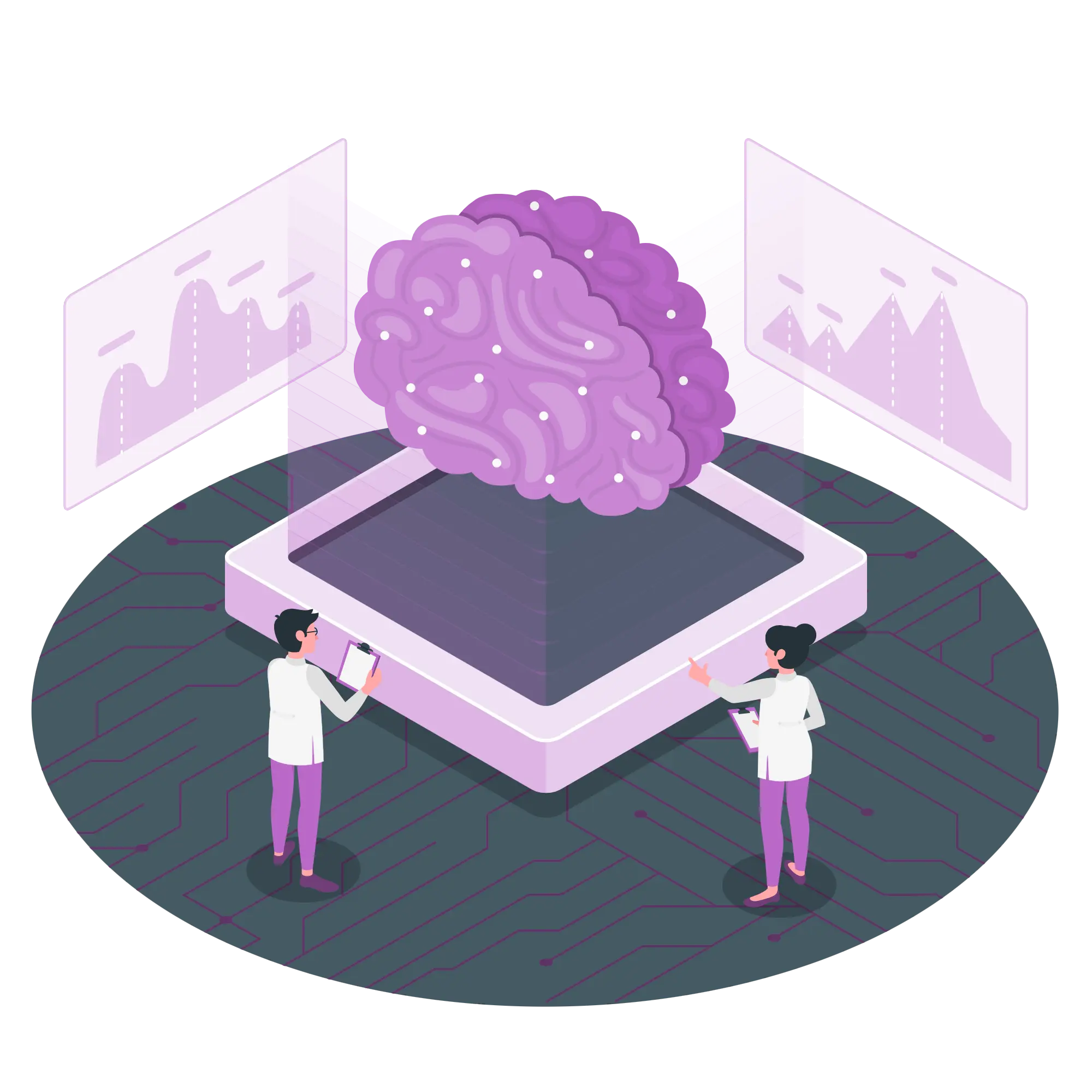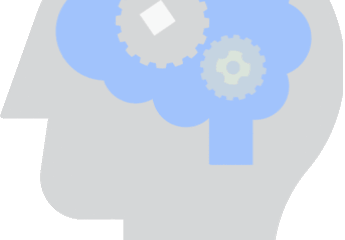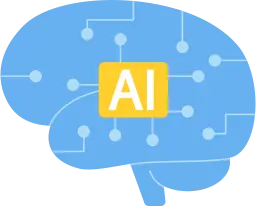In this digital era, chatbots have revolutionized the way we interact with technology. Among the myriad of chatbots available, ChatGPT has emerged as a prominent and intriguing conversational AI. As users engage with ChatGPT, they often wonder, “Where does ChatGPT get its data from?” In this SEO optimized and unique blog post, we will unravel the mystery behind ChatGPT’s data sources, shedding light on its training process and enlightening readers about the fascinating realm of this AI marvel.
Where Does ChatGPT Get Its Data From?
To understand where ChatGPT obtains its data, we need to explore its training process. ChatGPT relies on a technique called unsupervised learning, where it learns patterns and structures from a vast corpus of text data. However, it’s important to note that ChatGPT does not have direct access to the internet or specific websites during conversations.
Training on Internet-Scale Text
ChatGPT is trained on a massive amount of publicly available text from the internet. This includes books, articles, websites, forums, and other sources. OpenAI, the organization behind ChatGPT, carefully curates and preprocesses this data to remove any personally identifiable information and minimize biases.
Fine-Tuning with Demonstrations and Comparisons
After pretraining on internet-scale text, ChatGPT goes through a process called fine-tuning. During this stage, human AI trainers provide demonstrations and comparisons to guide the model’s behavior. They show examples of desired responses and rank different suggestions. This fine-tuning process helps ChatGPT align its behavior with human preferences and expectations.
Limitations and Challenges
While ChatGPT offers impressive capabilities, it’s important to recognize its limitations. ChatGPT’s responses are based on the patterns it has learned from the training data. It doesn’t possess real-time information and cannot provide factual accuracy in all cases. Therefore, users should exercise caution and critically evaluate the information they receive from ChatGPT.
Read More: Best ChatGPT Prompts for Bloggers
FAQs about ChatGPT’s Data Sources
Let’s address some frequently asked questions concerning ChatGPT’s data sources:
Does ChatGPT tap into proprietary databases or exclusive sources?
No, ChatGPT does not directly access personal databases or exclusive sources. Its knowledge is derived from publicly available text data.
Can ChatGPT provide real-time information or news updates?
No, ChatGPT’s responses are not based on real-time information or news updates. It relies solely on the patterns and knowledge acquired during its training.
How does ChatGPT ensure the accuracy of its responses?
ChatGPT lacks an inherent mechanism to verify the accuracy of its responses. Users should independently corroborate information obtained from ChatGPT through reliable and trusted sources.
Can ChatGPT generate creative or fictional responses?
Yes, ChatGPT has the ability to generate creative or fictional responses. However, it’s essential to recognise these responses are not grounded in factual evidence
Can ChatGPT access private or confidential information?
No, ChatGPT does not have access private or confidential information. Its designed to respect user privacy and does not retain any personal data from the conversations.
Read More: History of Artificial Intelligence
Conclusion
In conclusion, ChatGPT is an AI-powered chatbot that derives its knowledge and responses from a vast corpus of publicly available text data. Through a combination of unsupervised learning and fine-tuning with human demonstrations, ChatGPT has the ability to generate human-like responses. However, it’s important to remember that ChatGPT does not have access to real-time information, proprietary databases, or exclusive sources. Users should exercise critical thinking and verify information from reliable sources when interacting with ChatGPT.
Remember, ChatGPT’s responses are based on learned patterns and do not guarantee factual accuracy or real-time information. It’s always recommended to cross-reference information and seek reliable sources when in doubt.




